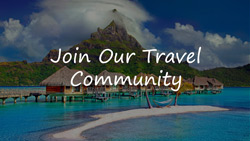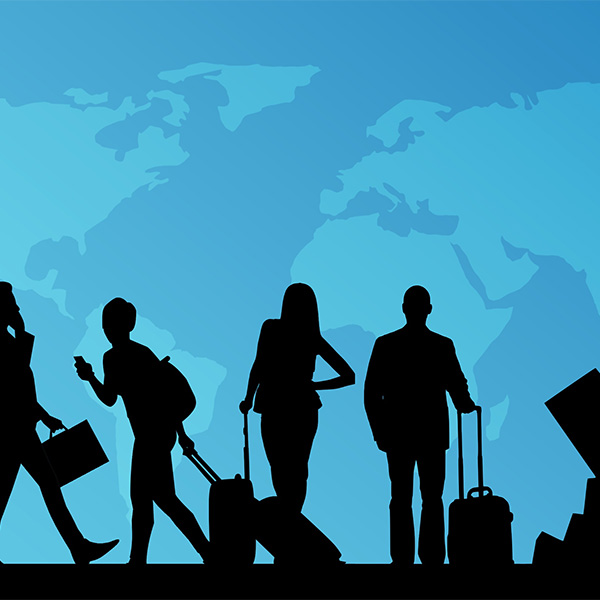As a travel blogger, my primary focus is on discovering exciting destinations and sharing travel tips. However, I believe it’s essential to address a topic that affects us all – the omnipresence of blue light in our lives and its potential impact on human health. In this blog, we’ll delve into the significance of blue light, particularly for travellers, and explore ways to safeguard ourselves during our journeys.
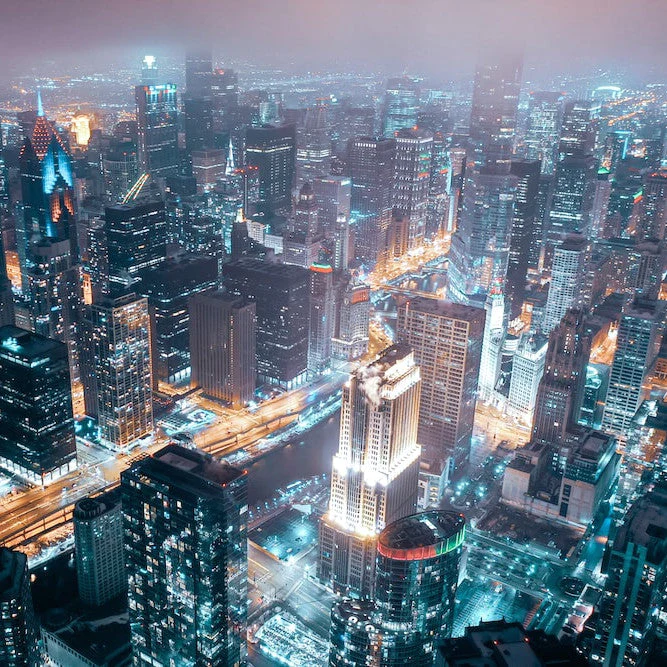
Understanding Blue Light and its Effects
Blue light is a specific range of light within the visible spectrum, characterised by short wavelengths and high energy. Its sources include the sun, electronic devices like smartphones, tablets, and laptops, as well as certain artificial lighting.
One significant impact of blue light on travellers is its influence on the circadian rhythm, our body’s internal clock that regulates sleep-wake cycles. Exposure to blue light, especially during the evening or at night, can suppress the release of melatonin, a hormone crucial for promoting sleep. This can lead to difficulties falling asleep and result in poor-quality sleep – something no traveller wants to deal with when embarking on a new adventure.
Minimising Jet Lag with Strategic Blue Light Exposure
For globetrotters crossing multiple time zones, jet lag can be a significant challenge. However, understanding the role of blue light can help travellers alleviate its effects. By strategically timing exposure to blue light and avoiding it at certain times, you can help reset your circadian rhythm more efficiently. This can aid in minimising the disruptive impact of jet lag, allowing you to make the most of your travel experiences.
Combatting Eye Strain During Your Journeys
For travellers spending long hours on flights or using electronic devices during their trips, eye strain can become a concern. Blue light, especially from screens, scatters more easily than other colours, causing the eyes to work harder to focus and leading to discomfort and visual fatigue. To combat this, it is crucial to take regular breaks, practice proper eye care, and consider using blue light filters or glasses to reduce the strain on your eyes.
Blue Light’s Impact on Mood and Well-being
Research suggests that natural exposure to blue light during the day can positively affect mood, alertness, and cognitive performance. As travellers, embracing the natural light of the destinations we visit can be beneficial. However, it is essential to be mindful of excessive exposure to artificial blue light during the evening or at night, as it can disrupt sleep and potentially contribute to mood disorders such as depression and anxiety.
In Conclusion
As travellers, we often find ourselves surrounded by electronic devices and artificial lighting emitting blue light. Understanding the potential effects of blue light exposure can help us take proactive measures to safeguard our well-being during our journeys. By being conscious of strategic blue light exposure to combat jet lag, taking care of our eyes, and balancing our exposure to natural and artificial blue light, we can enhance our travel experiences and prioritise our health.
So, before you embark on your next adventure, remember to be aware of the impact of blue light and implement practical strategies to protect yourself from its potential adverse effects. Safe travels and happy exploring!
Scientific Evidence For Blue Light Glasses
Discover the truth about Blue Light Glasses and uncover the scientific evidence, shedding light on whether these glasses are a worthwhile investment for protecting your eyes from digital screens. Click HERE.
Blue Light Free Lighting
The NoBlue Amber Sleep Lamp is a handy and rechargeable lamp ideal for your bedside, desk, or table. It gives off warm and soothing light that doesn’t have any blue light, which helps you sleep better. You can adjust the brightness using a touch sensor, and it has a built-in rechargeable battery that lasts up to 16 hours. Plus, it’s designed to prevent flickering and has low EMF for a safer experience.
10 Effective Tips for Minimizing Blue Light Effects During Long-Haul Trips Across Different Time Zones
Long-haul trips across different time zones can disrupt your sleep patterns and expose you to excessive blue light from electronic devices. To ensure a smooth journey and reduce the impact of blue light on your circadian rhythm, follow these ten essential tips:
- Gradually Adjust Your Sleep Schedule
Before embarking on your trip, start adjusting your sleep schedule a few days in advance. For eastward travel, go to bed earlier, and for westward travel, go to bed later. This gradual shift helps your internal body clock adapt to the new time zone.
- Use Blue Light Filters
Install blue light filters or apps on your electronic devices, such as smartphones, tablets, and laptops. These filters reduce the blue light emission, making it gentler on your eyes and assisting in maintaining proper sleep patterns. Many devices now come with built-in options for blue light reduction.
- Embrace Blue Light-Blocking Glasses
Combat the symptoms of jet lag by wearing blue light-blocking glasses, especially during the evening or at night. These glasses filter out blue light from screens and artificial lighting, helping to regulate your circadian rhythm.
- Limit Screen Exposure Before Bedtime
Avoid excessive screen time before bedtime, as it can disrupt your sleep. Instead, engage in calming activities like reading, listening to music, or practising meditation to allow your body to produce melatonin, a sleep-promoting hormone.
- Soak Up Natural Light
During the day, expose yourself to natural sunlight, especially in the morning. Natural light helps reset your circadian rhythm and signals your body that it is daytime, making it easier to adjust to a new time zone.
- Stay Hydrated
Proper hydration is crucial for your well-being and can help alleviate jet lag symptoms. Remember to drink plenty of water throughout your flight and trip to stay hydrated.
- Strategize Sleep on the Plane
If your flight aligns with the local time of your destination, try to sleep during nighttime hours on the plane. Use a neck pillow, eye mask, earplugs, or noise-cancelling headphones to create a comfortable environment for restful sleep.
- Minimise Stimulants and Sedatives
To avoid disrupting your sleep patterns further, limit your consumption of caffeine and alcohol. Opt for herbal tea or water to stay hydrated instead.
- Stay Active and Exercise
Combat the effects of jet lag by engaging in light exercise and stretching during your flight and upon arrival. Physical activity can boost alertness and promote better sleep.
- Adjust to Local Time
As soon as you reach your destination, align your activities and mealtimes with the local time. This proactive step helps your body adapt more quickly to the new time zone.
Remember that everyone responds differently to jet lag and blue light exposure. Listen to your body and tailor these strategies to suit your individual needs for a more enjoyable and well-rested journey. Safe travels!

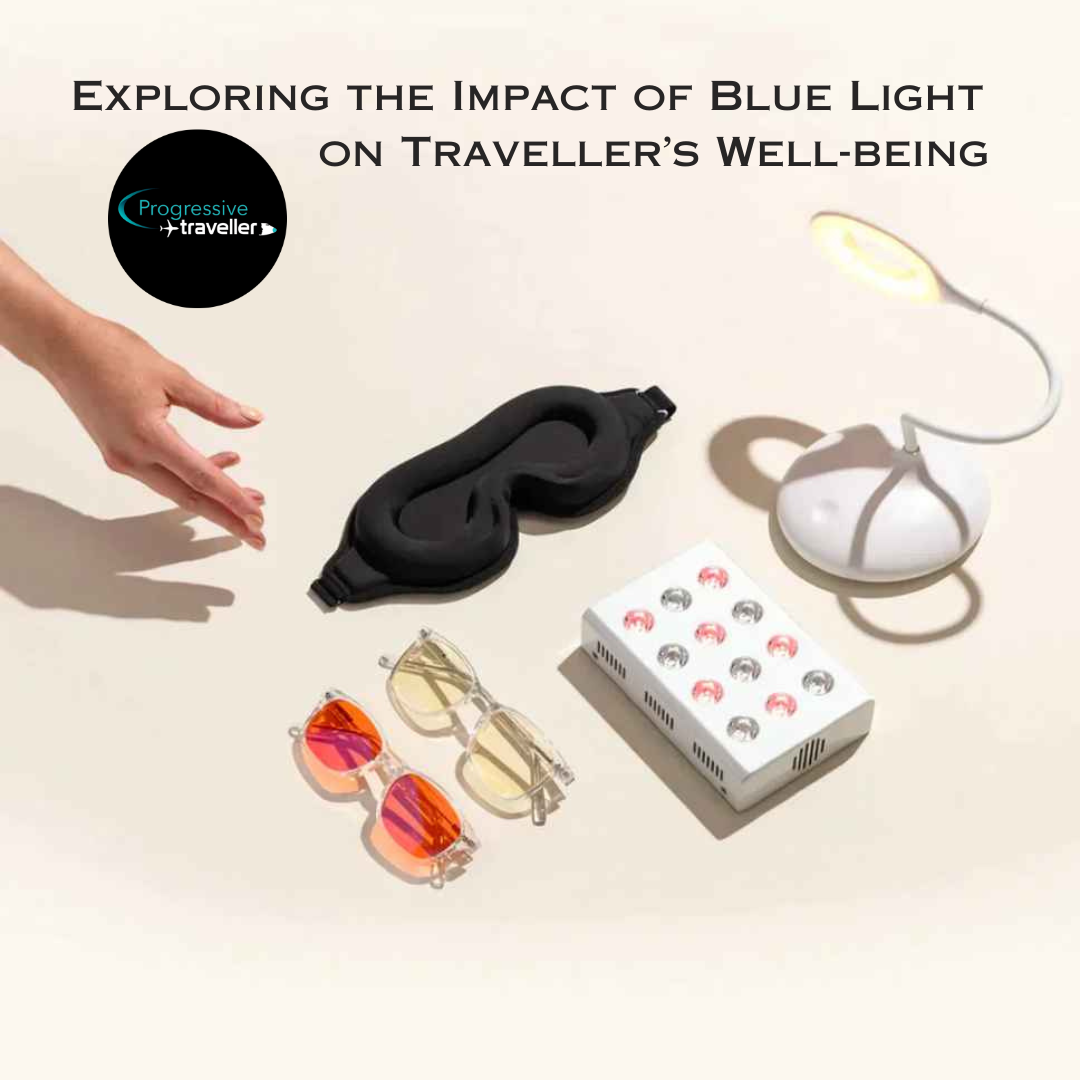
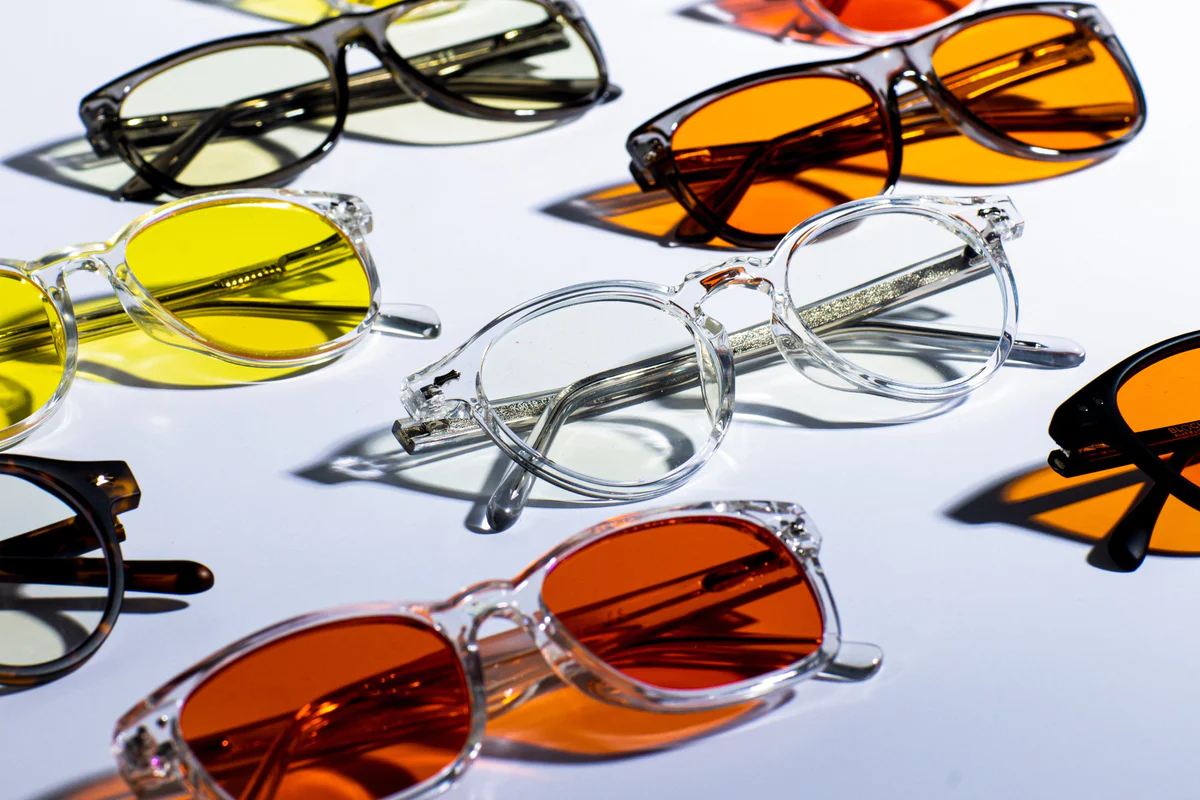
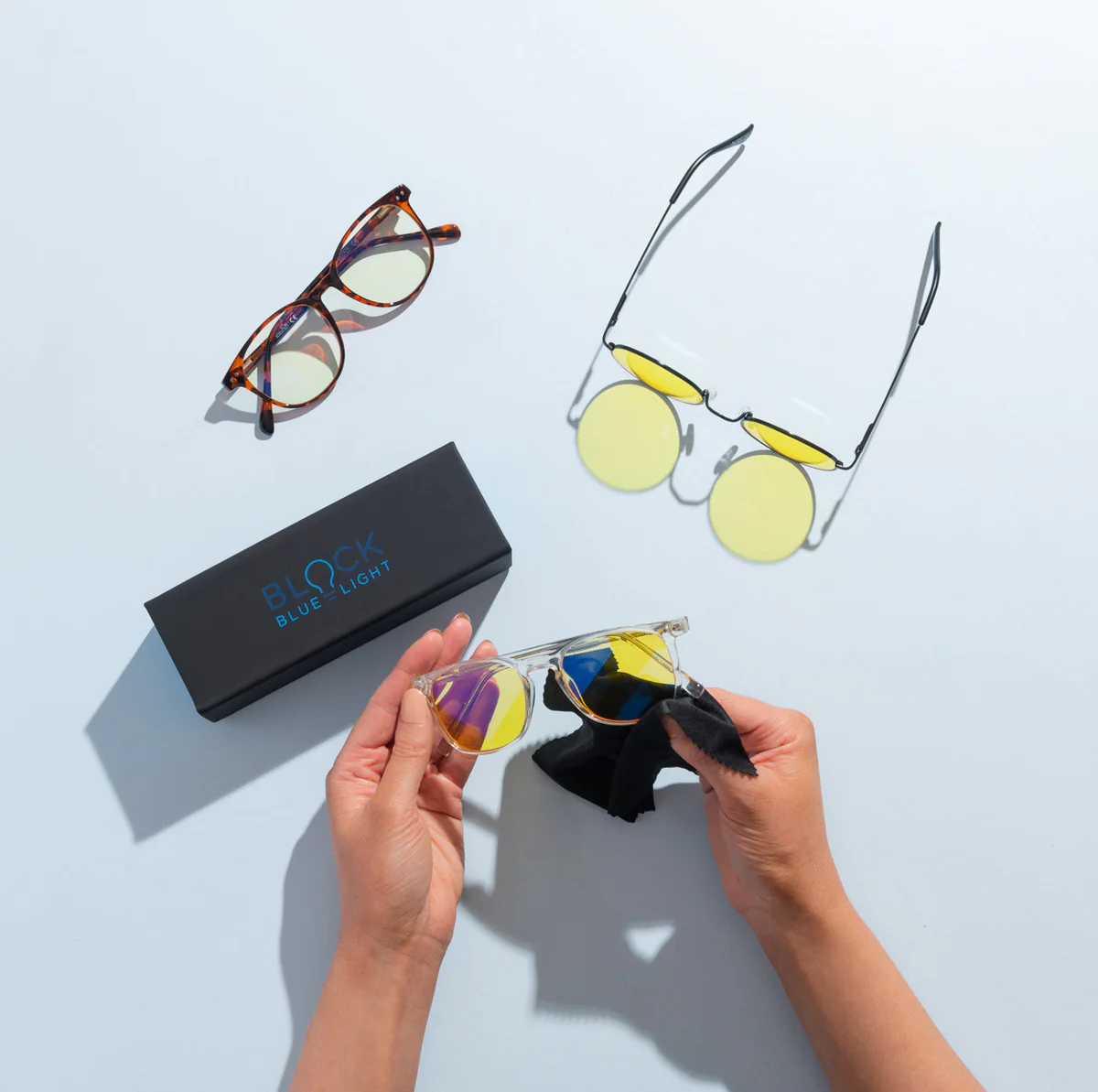

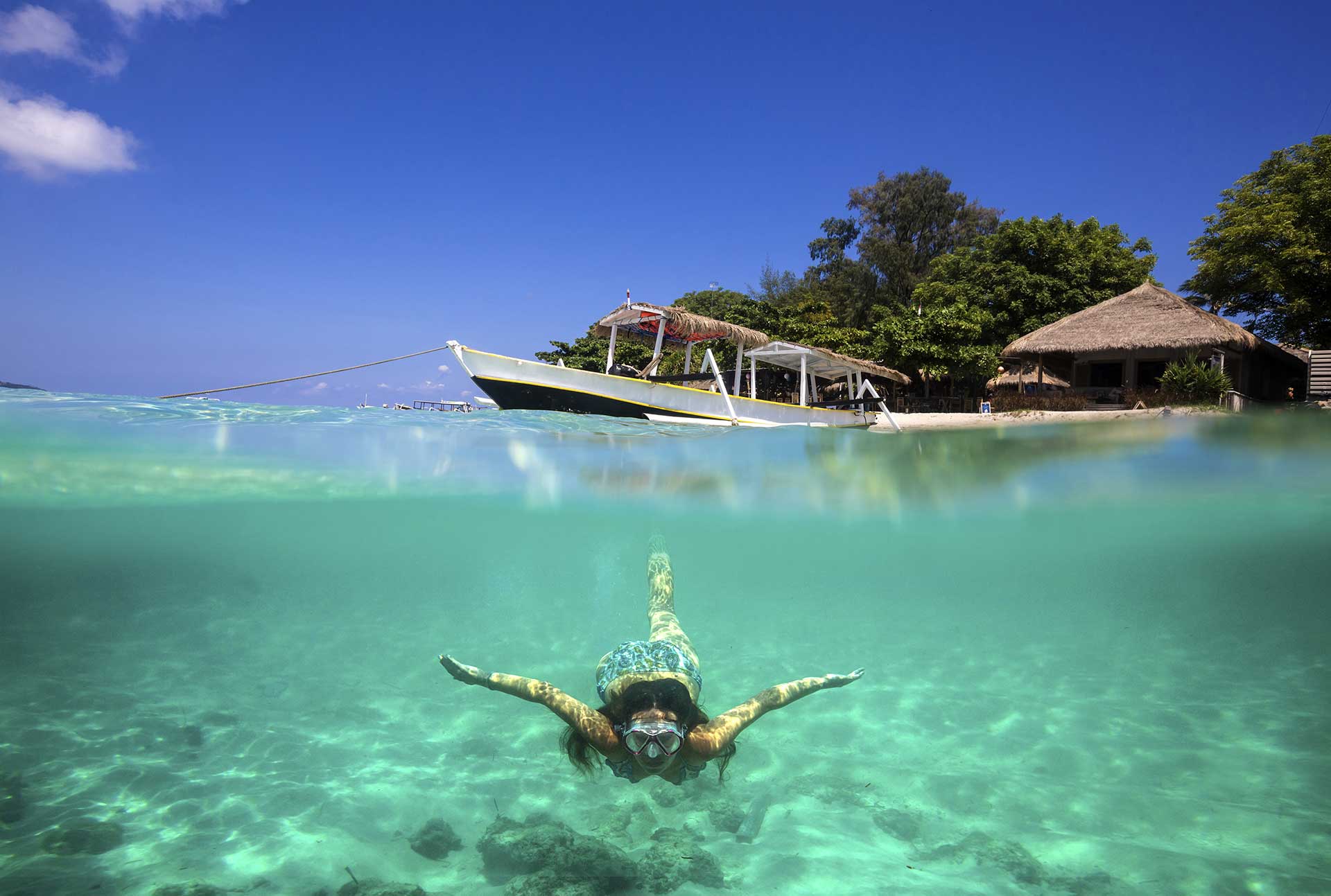

 I am the Progressive Traveller. I've been travelling the world extensively since 2002. My website is full of travel stories, tips, recommendations, resources, offers for you to use and enjoy. Follow my journey on social media and travel the world with me. Happy days.
I am the Progressive Traveller. I've been travelling the world extensively since 2002. My website is full of travel stories, tips, recommendations, resources, offers for you to use and enjoy. Follow my journey on social media and travel the world with me. Happy days.